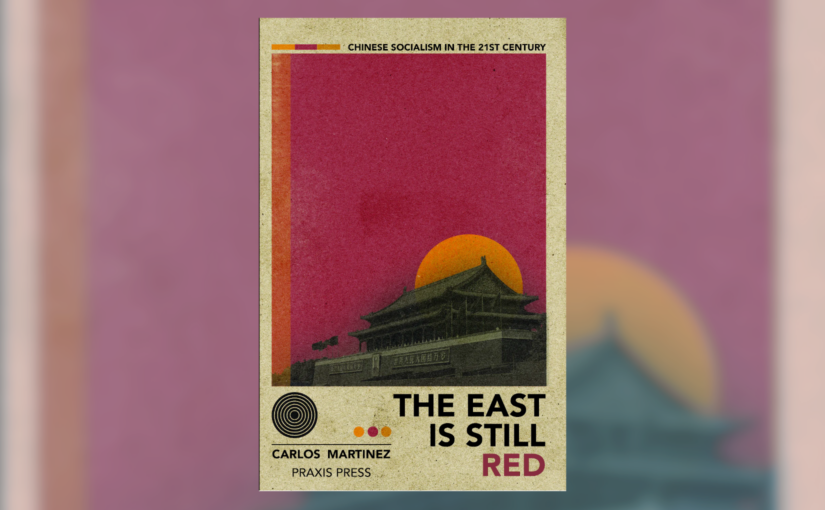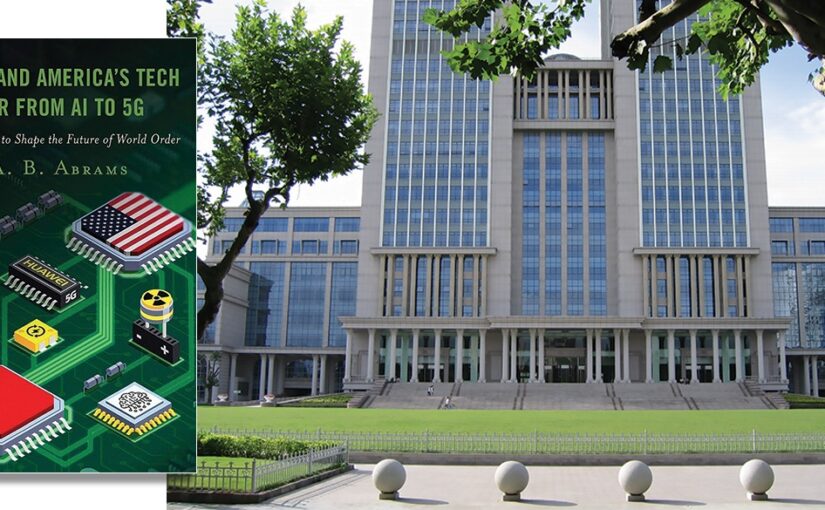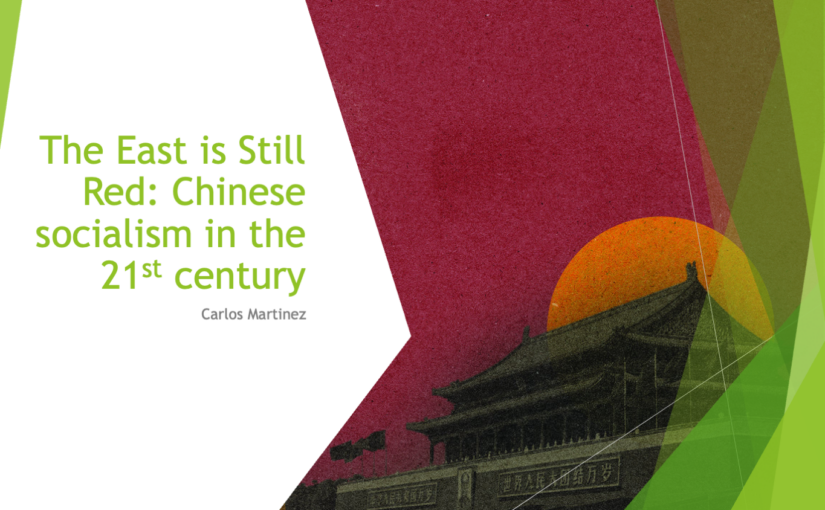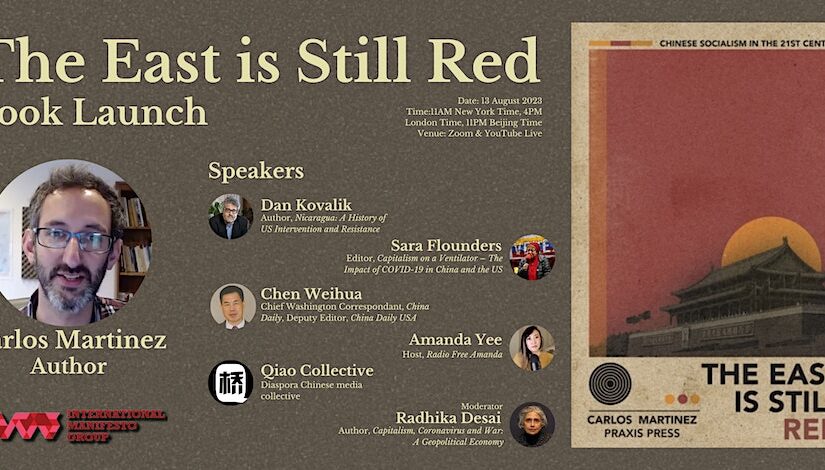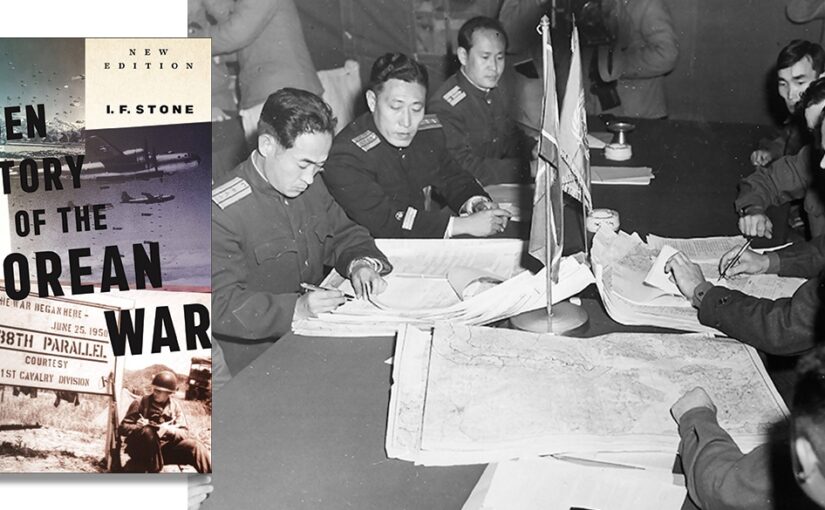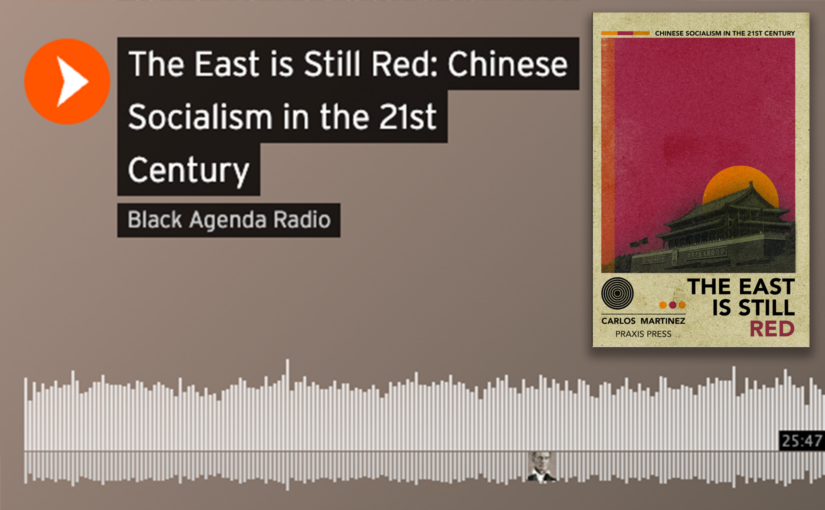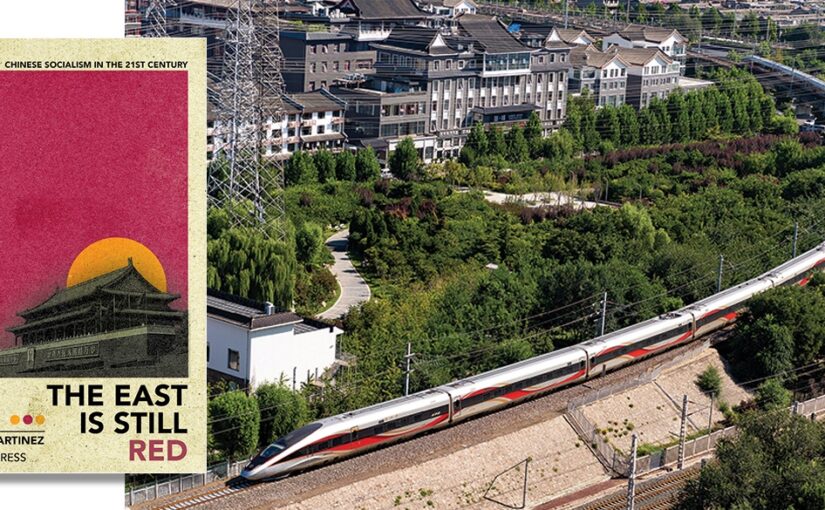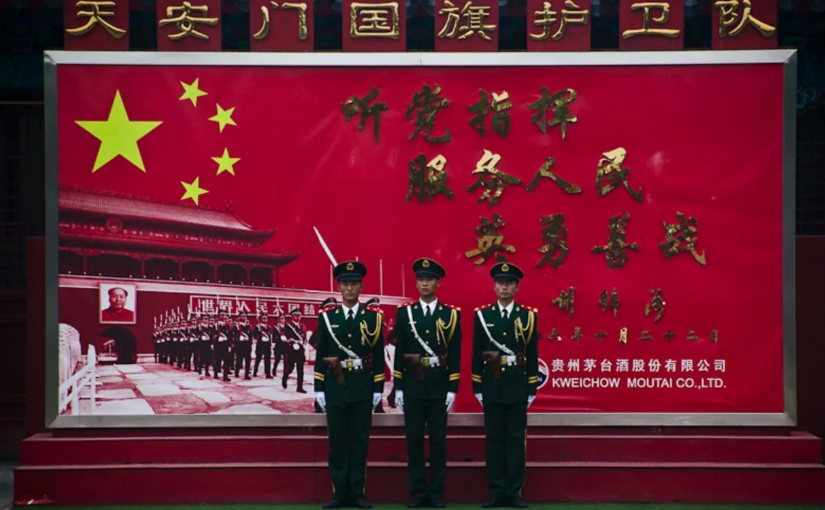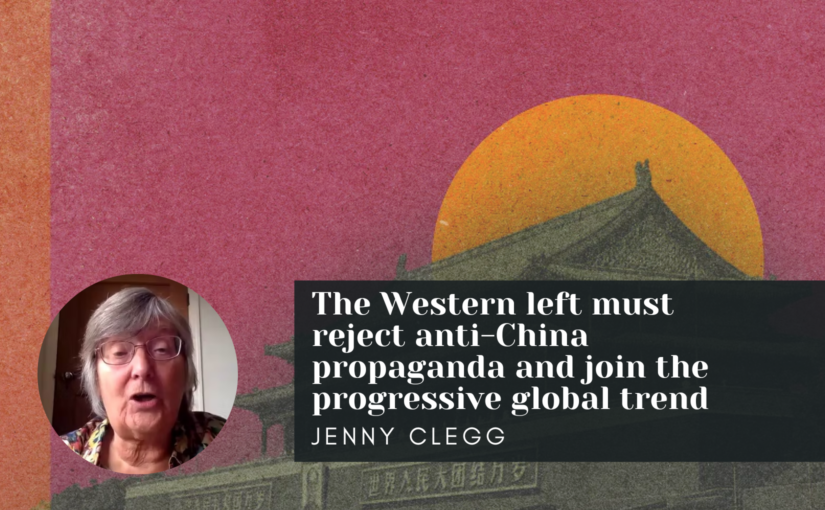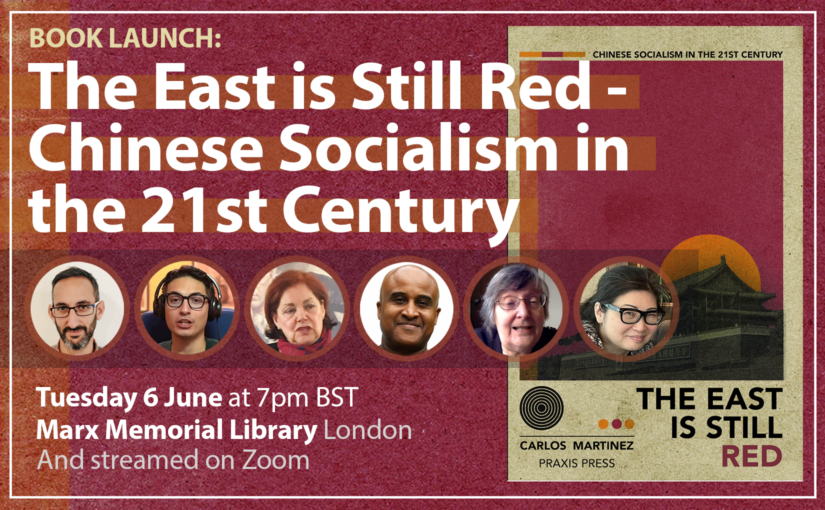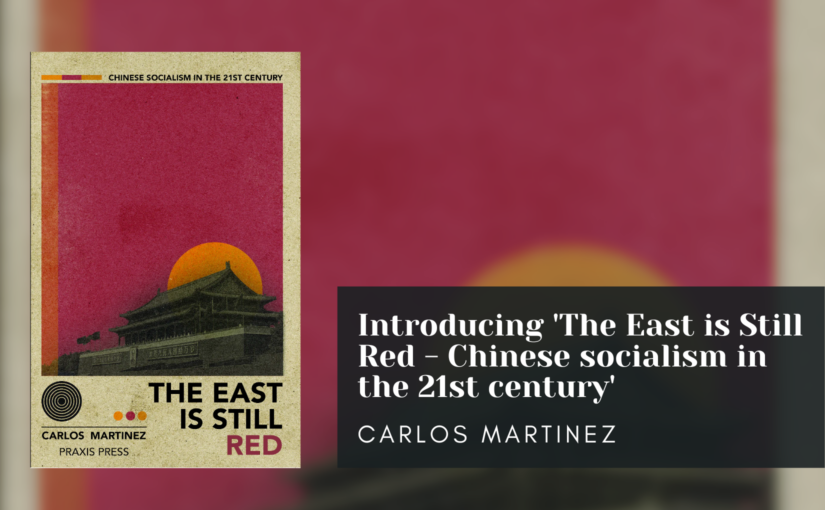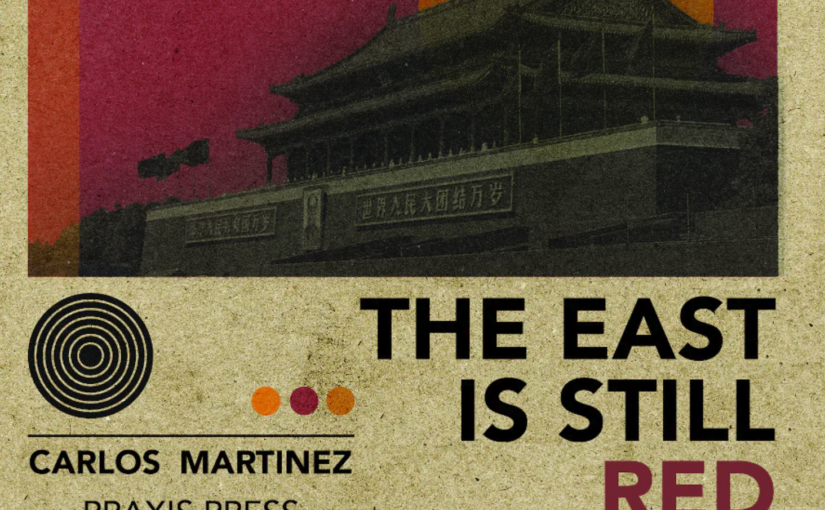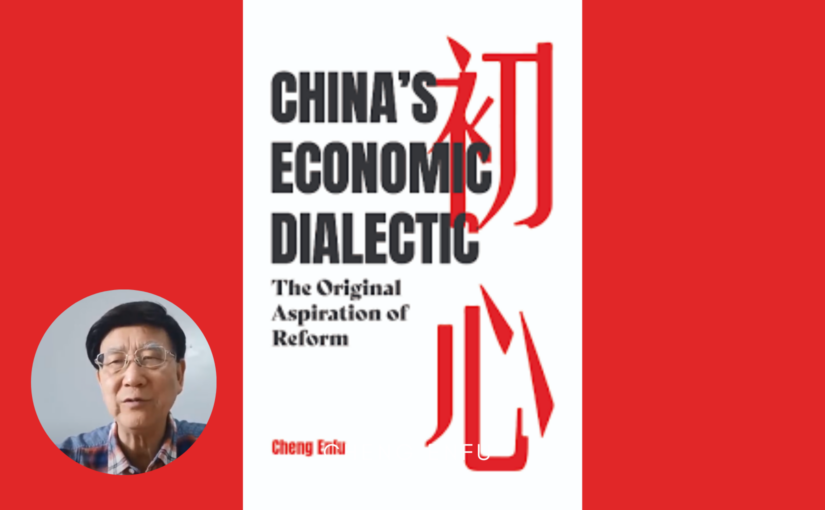In the following book review of Carlos Martinez’s The East is Still Red – Chinese socialism in the 21st century, Stefania Fusero provides a detailed summary of the chapter on China’s environmental record (China is building an ecological civilisation), including a discussion of China’s trajectory on ecological issues, its commitment in the last two decades to renewable energy development, its record on afforestation, and its leadership in eco-friendly transport.
Stefania also sums up the book’s position as to why China, of all countries, has emerged as the uncontested world leader in renewable energy and biodiversity protection:
China’s economic development proceeds according to state plans, not market anarchy. As a result, the interests of private profit are subordinate to the needs of society.
Unfortunately, the Western world remains oblivious to China’s advances, on the one hand because of a racist assumption that ‘civilised’ European-origin peoples should be leading the way on such matters, and on the other hand because “China’s successes in this and other areas risk demonstrating the fundamental validity of socialism as a means of promoting human progress”.
This book review was first published in Italian in La Città Futura and has been translated into English by the author.
The East is Still Red can be purchased in paperback and digital formats from Praxis Press.
Carlos Martinez’s book provides us with a wide-ranging overview of 21st century China, but in this article, I am going to focus exclusively on the chapter entitled “China is Building an Ecological Civilisation.” Although ecology is rightfully one of the most debated topics both among policymakers and at a grassroots level, we know hardly anything about the environmental policies pursued by and in the People’s Republic of China. Through Martinez’s book we get an exhaustive and detailed picture of them.
With the proclamation of the PRC on October 1, 1949, China began the long journey of emancipation of its people from poverty and underdevelopment, which would lead it to pull hundreds of millions of people out of absolute poverty a few years ago.
The economic development of the PRC, just like previously that of Europe, the US and Japan, was mainly based on coal, the most polluting fossil fuel, which until two decades ago made up around 80 percent of China’s energy mix. Faced with the choice between economic development resulting in environmental degradation or underdevelopment with environmental conservation, the Chinese leadership chose development.
“The abundance of cheap fossil fuel energy enabled China to lift hundreds of millions of people out of poverty, whilst simultaneously establishing itself as a global leader in science and technology, thereby building a foundation for the construction of a modern and sustainable socialist society.”
It is thanks to that choice that China, although still a developing country, is no longer poor. At the same time, however, the effects of the industrialisation process have amplified and aggravated China’s natural vulnerability to climate change – it is one of the countries most prone to ecological disasters, with 200 million people exposed to the effects of droughts and floods; with nearly a quarter of the world’s population, China has only 5% of the planet’s water resources and 7% of the arable land.
Environmental issues have therefore become a top priority and the CPC has focused, especially in the last decade, on the transition to a green development model. If in the 1980s they made GDP growth one of their top priorities, at the 19th Congress of the CPC in 2017 Xi Jinping announced that the main contradiction that Chinese society now faces is that between unbalanced and inadequate development and the needs of people for an ever-better life.
Already in 2014 Xi Jinping wrote in The Governance of China: “We must strike a balance between economic growth and environmental protection. We will be more conscientious in promoting green, circular, and low-carbon development. We will never again seek economic growth at the expense of the environment.”
If the concepts of growth and development remain a priority on the Chinese leadership’s agenda, “innovative, coordinated, green, open and inclusive” growth and development opportunities that preserve nature are now being pursued. Such a view shifts the development goal “from maximising growth to maximising net welfare”, in the words of influential Chinese economist Hu Angang.
Continue reading The East is Still Red – and green